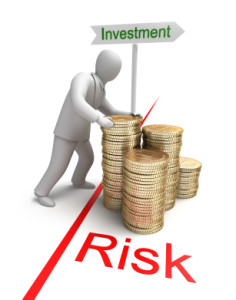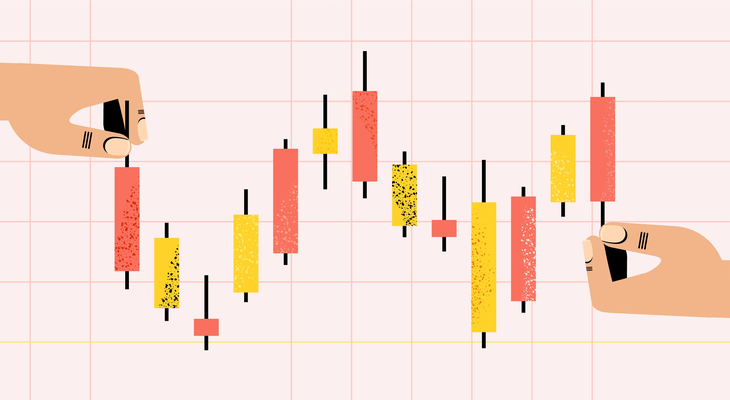 Vinod Khosla, a prominent Silicon Valley venture capitalist, once said: “I am only interested in technologies that have a 90 percent chance of failure.” The success of technology-based companies such as Google, Genentech, or Sun Microsystems leads many observers to believe that Vinod’s strategy has worked so far. While focusing on outliers in forecasting investment performance can be misleading, Cambridge Associates’ U.S. Venture Capital Index does report healthy returns for venture capital investments.
Vinod Khosla, a prominent Silicon Valley venture capitalist, once said: “I am only interested in technologies that have a 90 percent chance of failure.” The success of technology-based companies such as Google, Genentech, or Sun Microsystems leads many observers to believe that Vinod’s strategy has worked so far. While focusing on outliers in forecasting investment performance can be misleading, Cambridge Associates’ U.S. Venture Capital Index does report healthy returns for venture capital investments.
If Vinod’s strategy is the one to follow, is it because i) we are buying risk or because ii) we are buying assets on the cheap?
Valuation theory may appear confusing on the subject. On one hand, we are expected to pay less for a $1 of future cash flow when it is associated with greater uncertainty. The discounted cash flow approach to valuation is built around this concept. On the other hand, publicly traded stock options cost more when the volatility of the underlying stock is high. Certain commonly used valuation techniques treat venture capital equity as a stock option where the volatility of underlying economic, industry, and business factors translates into higher intrinsic values.
Valuation theory around complex financial instruments such as stock options may be about as intuitive as international tax law. A stock option is a contract to buy or sell the stock at a certain price. The volatility of the stock does contribute positively to the value of the stock option. But so does the value of that stock.
Stock prices incorporate future expectations. Companies with 90 percent chance of failure would trade at heavily discounted prices. Thus, even if we treat Vinod’s equity as a stock option, higher volatility should be offset by a much lower underlying stock price. In other words, for Vinod’s strategy to work, investments should be just as cheap as they are risky.


